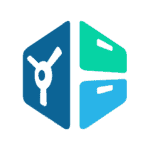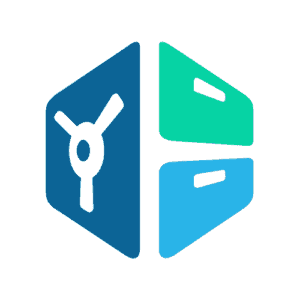Today’s smart technologies can literally impact every aspect of your life. From home automation and security, to automobiles and healthcare, the growth of smart IoT technology is rapidly increasing. The global smart home market alone is forecasted to reach $40 billion USD by 2020. In fact, many of you probably interacted with one or more of these modern solutions before reading this post today.
Whether you’re remotely controlling and monitoring your home temperature, surveillance, heart rate, or car, it’s hard to argue the convenience, security, health, environmental, and cost benefits associated with many of these smart technologies.
The pervasiveness and variety of smart tech has reached an unprecedented scale thanks to the proliferation of Wi-Fi and quick and easy access via mobile apps. With the significant rise in smart system adoption, isn’t it time people started getting smart about their information?
Information like account documents and numbers, deeds, option grants, insurance policies, warrants, blood type, medical history, passwords etc. is sitting by the multiple terabytes as attachments to non-secure emails and by the millions of pounds in file folders and in desk piles in homes throughout the world. This is confidential Personally Identifiable Information – your information – that you should organize, protect and control who has access to it, when and for how long.
Companies like FutureVault offer banks, wealth management firms, and other business services, solutions that enable their clients to be smart with their information – not just their financial information, but all of the essential personal and business information that requires intelligent and secure management. Even if you have a physical safety deposit box, do you know what the contents are? Do you know where the key is? Does your spouse? Do your kids or trusted advisors?
If you’re like the majority, most of your critical and confidential documents are a mix of hardcopy and digital versions scattered across multiple physical locations, hard drives, and inboxes. When you need to share or collaborate on these documents with trusted advisors and family during tax season, settling an estate, home buying or even registering your kids for camp, additional hard copies are created, scanned and more non-secure emailing takes place.
The same benefits of convenience, safety and cost savings that accompany solutions like smart thermostats also apply to smart digital life management. At FutureVault, we believe that information is the ultimate asset class and requires the same level of focus, expertise, and fiduciary considerations as your financial assets. The demand for a new category of secure, intelligent, and collaborative information management is rising and it’s just a matter of time before every bank, wealth management firm, insurance company, and credit union offers this service to their clients.
Imagine having the ability to quickly and securely grant your accountant access to the folder of documents needed to complete your tax return and have an audit trail that is date and time-stamped. Or, imagine a hassle-free emergency department visit as you pull up your child’s health card number in your mobile app, avoiding the stress and anxiety of not having the physical card on your person. These are just two examples of numerous real-life scenarios we face every day that could be handled much more efficiently, securely, and effectively if facilitated by smart digital life management.
Think of all the time and money you spend locating and replacing misplaced documents. Did you know that 7.5% of all documents get lost and that 3% of the remainder get misfiled? Just as smart homes are built to make our lives easier, more convenient, and more secure and comfortable so too is secure, intelligent, and collaborative information management.







